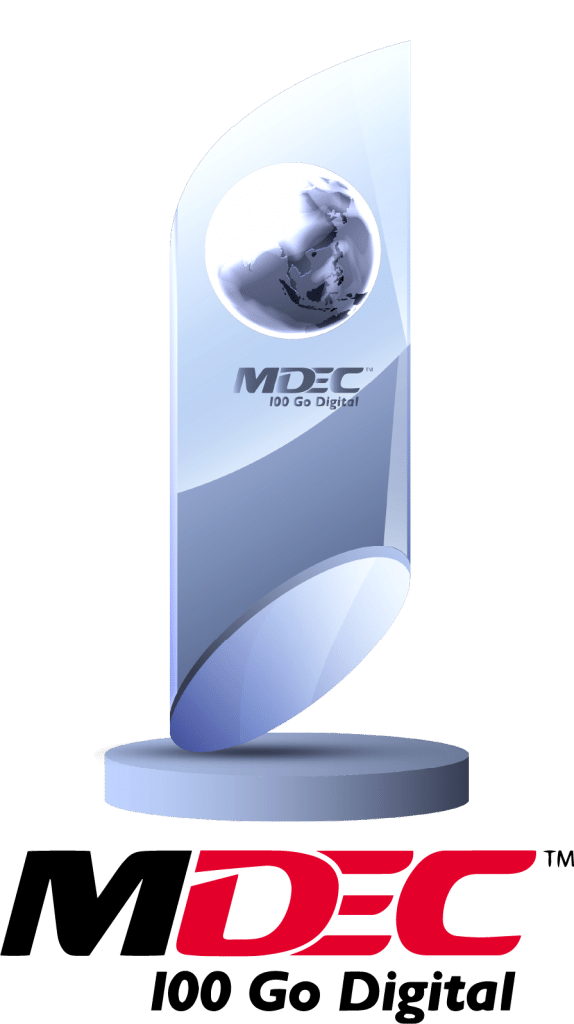In the realm of modern business, an optimized and agile supply chain management (SCM) system is the cornerstone of success. From raw material procurement to the delivery of finished products, every step in the supply chain holds significance. In this SEO-driven article, we’ll explore essential keywords and strategies vital for effective supply chain management, guiding businesses towards a more efficient and competitive edge.
Understanding Supply Chain Management
Supply chain management refers to the orchestration of activities involved in sourcing, procurement, production, logistics, and distribution to meet customer demands efficiently. It involves a network of interconnected entities working collaboratively to streamline the flow of goods or services.
Crucial Keywords in Supply Chain Management
1. Demand Forecasting
Accurate demand forecasting is pivotal. It anticipates market trends, enabling businesses to align production and inventory levels accordingly, reducing excess stock or stockouts.
2. Inventory Optimization
Balancing inventory levels is vital for cost-effectiveness. Employing techniques like Just-in-Time (JIT) inventory or ABC analysis optimizes stock to meet demand without excessive storage costs.
3. Logistics and Transportation
Efficient transportation and logistics management minimize lead times and costs. Utilizing optimized routes, modes of transport, and technologies like GPS tracking enhances efficiency.
4. Supplier Relationship Management (SRM)
Cultivating strong relationships with suppliers fosters collaboration, reliability, and cost efficiencies. SRM ensures the timely availability of quality materials.
5. Warehousing and Distribution
Effective warehousing strategies, including layout optimization, automation, and accurate picking processes, streamline operations and reduce handling times.
6. Risk Management and Resilience
Identifying and mitigating supply chain risks, such as disruptions, geopolitical factors, or natural disasters, is crucial for maintaining continuous operations.
7. Technology Integration
Integrating technology like IoT devices, AI-driven analytics, blockchain, and cloud-based systems optimizes SCM processes, providing real-time insights and data-driven decision-making.
Strategies for Effective Supply Chain Management
– Streamlined Communication
Clear and efficient communication among stakeholders ensures smooth coordination, reducing delays and errors.
– Continuous Process Improvement
Embracing methodologies like Six Sigma, Lean Management, or Kaizen drives continuous improvement, eliminating waste and enhancing efficiency.
– Sustainability Initiatives
Implementing sustainable practices minimizes environmental impact and often reduces costs in the long run, appealing to eco-conscious consumers.
– Flexibility and Adaptability
A flexible supply chain adapts swiftly to market changes, customer demands, and unforeseen disruptions.
Conclusion
In today’s highly competitive market, a well-optimized supply chain is a significant differentiator for businesses. Employing the right strategies, leveraging technology, and focusing on key aspects within supply chain management pave the way for operational excellence and sustained growth.
As businesses navigate the complexities of global markets, mastering supply chain management remains paramount. Embracing the latest technologies, fostering strong relationships, and implementing robust strategies are the stepping stones toward a resilient and efficient supply chain.
